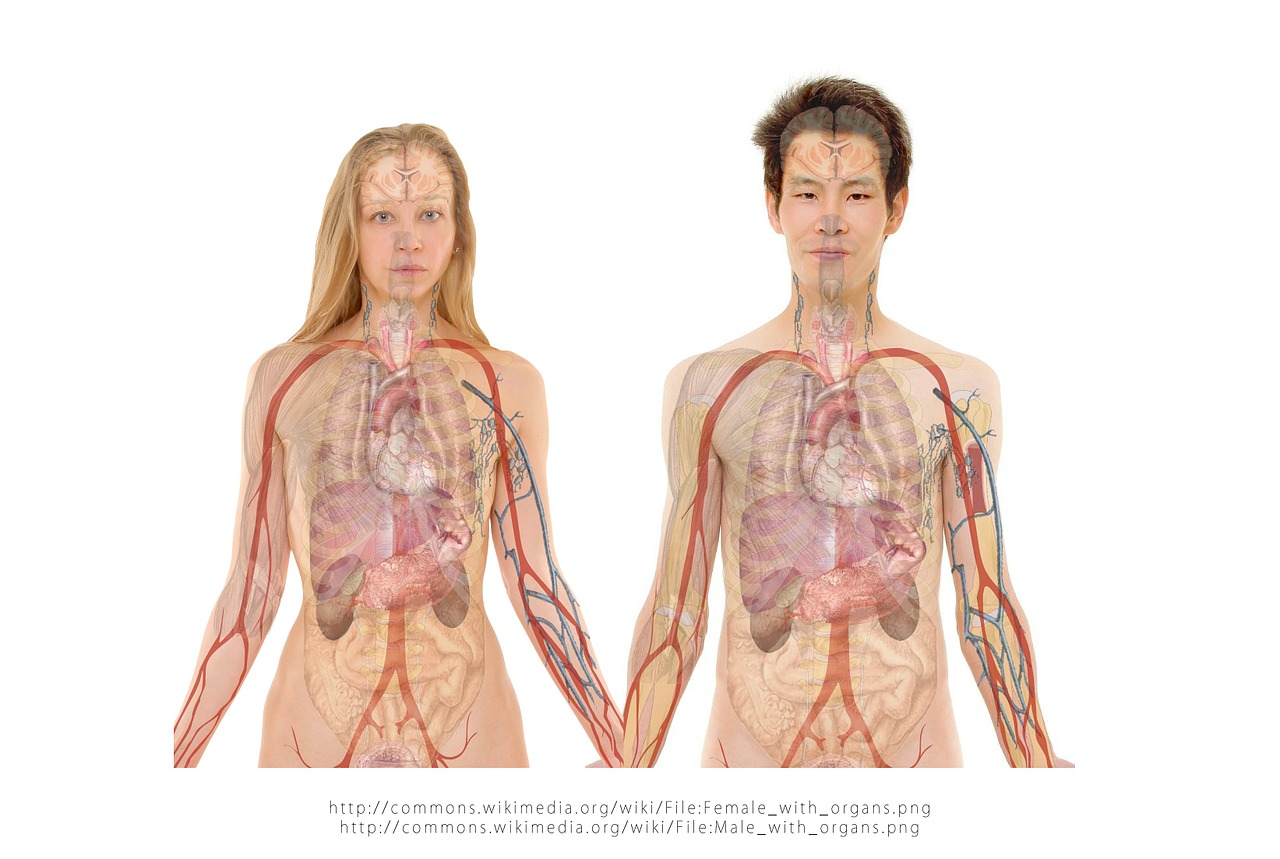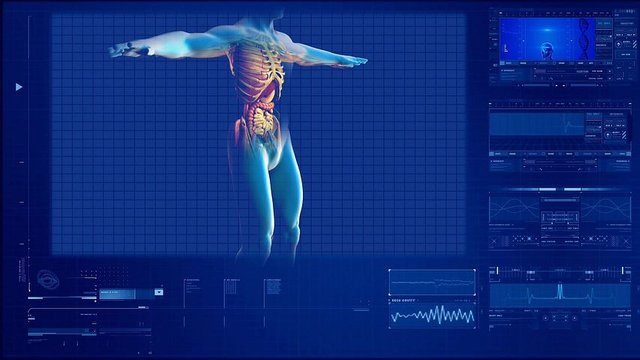KIDNEY: diseases, causes, symptoms and treatment
Every human being as a kidney and it's in our best interest we know more about our kidney tighten your sit belt and let's ride.
The kidney
The kidney functions as
an excretory organ which removes nitrogenous waste.
- regulator: it regulates the water potential in the blood which is controlled by anti-diarette hormone.
- maintains the acid base balance on the plasma.
(The regulator mechanism which maintains the water, salt and ph balance of the blood occur at the distal tubules and collecting ducts)
- water balance: on cold days we excrete a large amount of dilute urine while on hot days we excrete small amount of concentrated urine. This is because the kidney regulates the amount of water excreted in the urine in order to keep the osmotic pressure normal. when the solute concentration of the blood rises due to eating too much salt, drinking little water or profuse sweating, It results in an increase in the osmotic pressure of the blood. This is detected by osmoreceptors in the brain and it sends nerves impulses to stimulate the release of anti-durette hormones, (ADH) from the posterior pituary gland.
A.D.H is carried by the blood to the kidneys and this causes an increase in the reabsorption of water by tubules into the blood stream.
Thirst: it is a sensation that indicates the need for intake to regulate the osmotic pressure of blood.
Control of blood sodium and ph levels
when the concentration of blood sodium is higher than normal, the excess is excreted. if it is lower than, more sodium ion are reabsorbed. The hormone Aldosterone secreted in the adrenal cortex regulates this process by inhibiting or stimulating the secretions at the distal tubules and collecting ducts. The hormone stimulates the active uptake of sodium ion from the filtrate into the blood.
Blood ph is 7.4 when the blood is all aline, it's ph is adjusted by excreting hydrogen ions at the distal tubules. when the blood is slightly acidic, hydrogen ion is excreted hence the urine is acidic
Diseases of the kidney
Glomerular Nephritis: occurs commonly in children and adolescents
causes
Bacteria infection (streptococcal)
Effects
Glomeruli becomes inflamed increasing the porosity of the membrane and allows proteins and red blood cells to leak into the glomerular filtrate when large numbers of white blood cells and dead tissue cells collected in the inflamed glomeruli and sometimes can totally block the blood flow and fill the Bowman's capsule
Treatment
In most cases, the swelling comes down and the kidney can work well while in few cases part of the glomeruli becomes blocked permanently and the tubules associated with the glomeruli degenerates
Dialysis or a kidney transplant is needed sometimes.
Kidney stones can be found in the urinary tract and passed out in the urine.
causes
low or insufficient intake of water
high salt intake or acidic urine
Effects
since they are produced when mineral salts are retained in the urine, they are highly concentrated and form tiny crystal that can be passed our with urine. they sometimes obstruct the flow of urine in the tubules and can lead to bacteria infections
Treatment
use of drugs which dissolves the kidney stones
changes in diet low intake of food rich in oxalate and calcium
Drinking of plenty water
in severe cases surgery is advised.
Diuresis:
This occurs when individuals leave excess volume of highly diluted urine. inability of the kidney tubules to reabsorb the filtrate.
symptoms
intense thirst
increased urine pass out
dehydration
fatigue
nausea
causes
certain beverages such as coffee tea and alcohol. increase urine production
this condition is worst with patients with diabetes either mellitus or lusipodus
Treatment
Diuresis caused by diabetes can be treated by giving insulin injections to the blood glucose levels
Diuresis caused by ADN deficient individuals can be treated with synthetic hormones to reduce the symptoms of Diuresis.
Oedema
cause
accumulation of large amount of intercellular fluid in tissues thereby affecting part increase in volume (swollen legs and faces)
can result from certain Kidney Diseases where excessive proteins are excreted out in the urine
this causes the level of protein in the blood to drop and in return causes a reduction in the blood volume. this will lead to the retention of water and sodium in the body.
Symptoms
puffy face
swollen ankle
Treatment
use of medication which reduces the accumulation of fluid in the body.
decrease in water intake
when symptoms of swelling are to be activated the is to be laid down and his or her legs should be raised high above the heart level
that would be all for now I hope you learnt a lot about the kidney, be sure to leave a comment behind thanks.


Hi Izzrael, this is very well written. Are you a member of Steemstem? They give a lot of support to science posts. you need to follow their guidelines, do citations, et cetera. They have a lot of guides on their channel.
I don't understand what you mean by member exactly but I used their tags in the time past till I was down voted ounce for plagiarism apparently I didn't state the source right + my own content wasn't much so I don't know if am still permitted to use it
Yeah there is no official membership, I just meant do you know the community, and are you a member of the discord channel. Obviously you do. If you are interested in using the Steemstem tag again, you could go to the discord channel and ask for mentoring. They could give you some advice and tell you what they expect for referencing journal articles.
Alright I wll work on it thanks